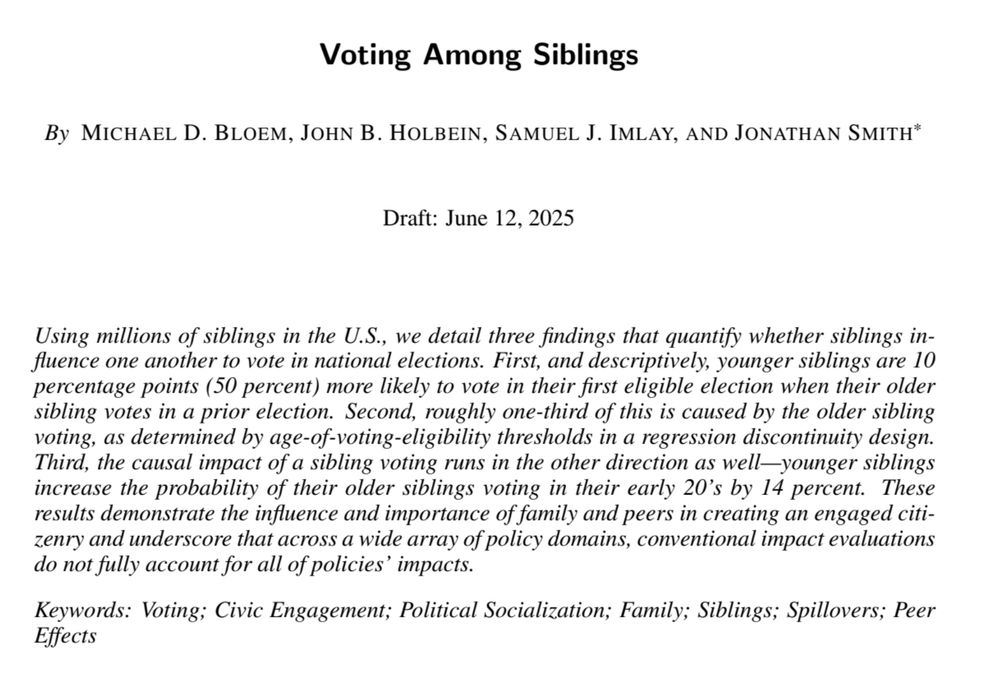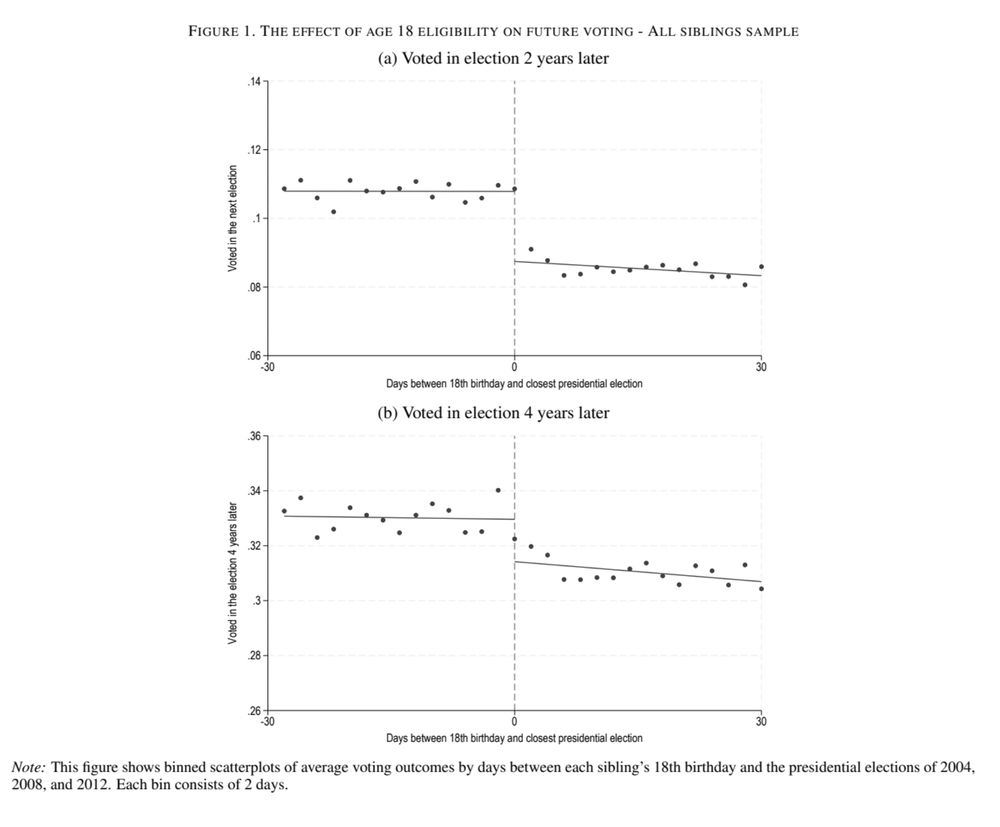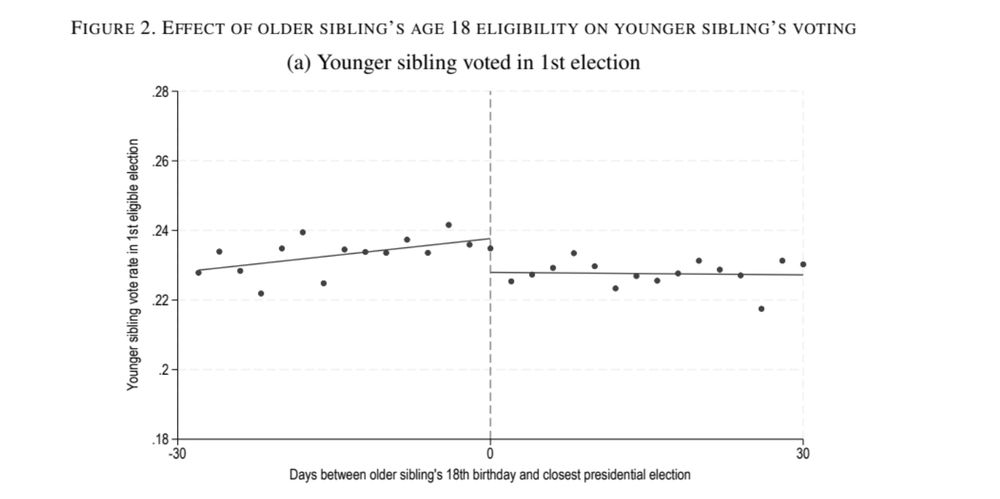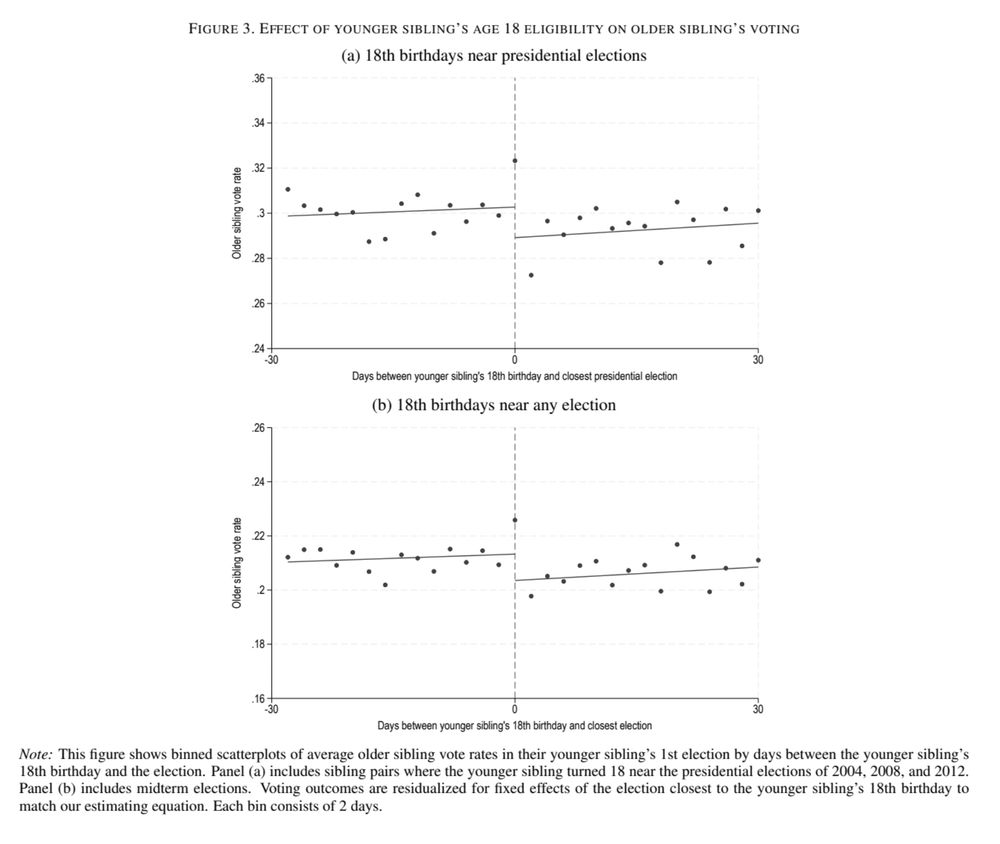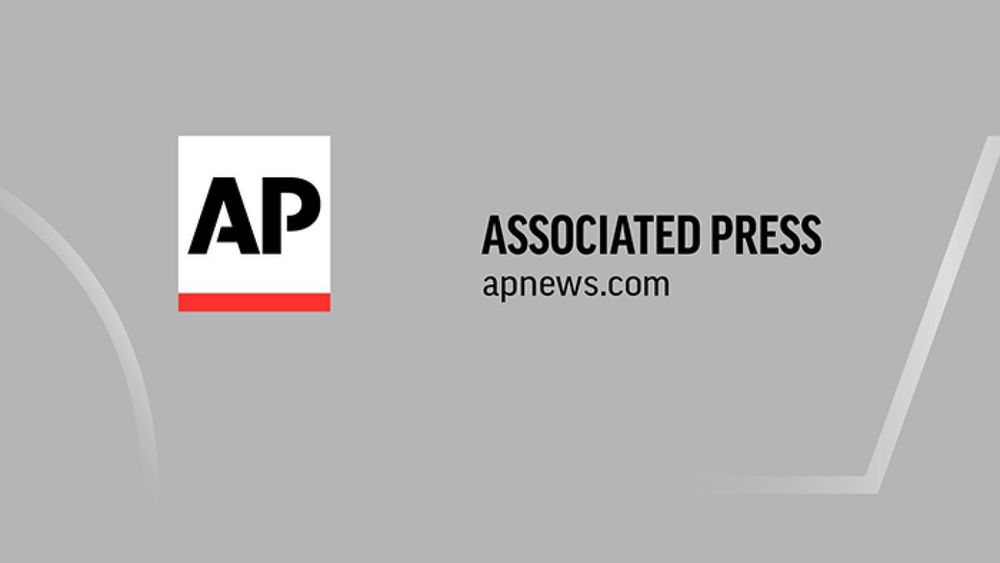John Holbein
@johnholbein1.bsky.social
15K followers
4.3K following
1.2K posts
Associate Professor of Public Policy, Politics, and Education @UVA.
I share social science.
Posts
Media
Videos
Starter Packs
Pinned
Reposted by John Holbein
Reposted by John Holbein
Reposted by John Holbein

